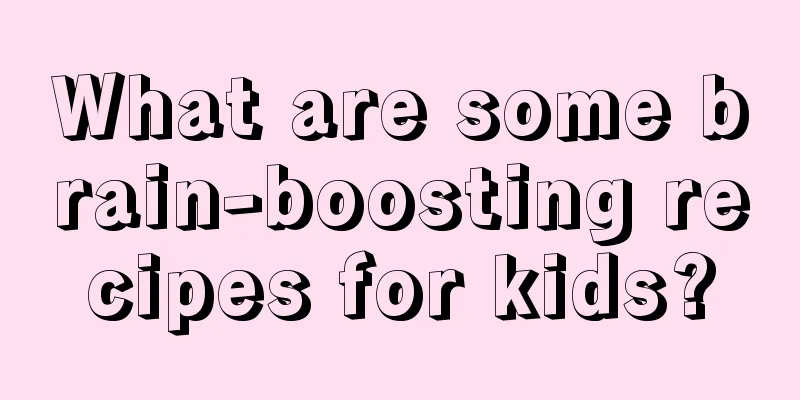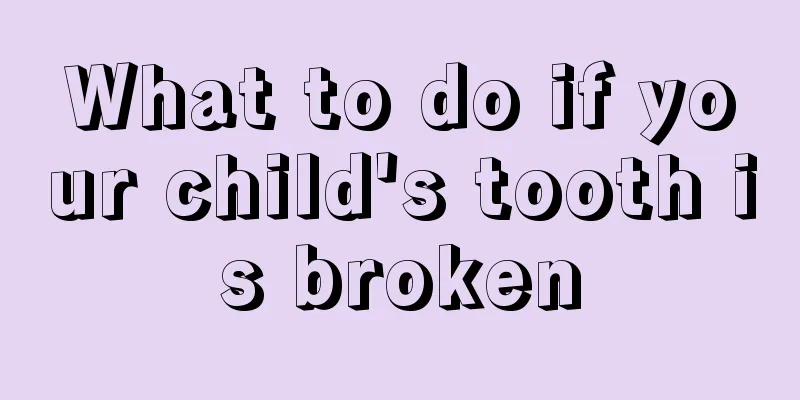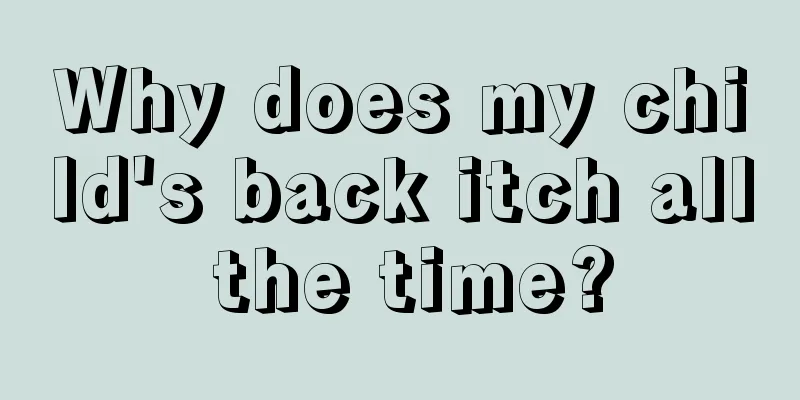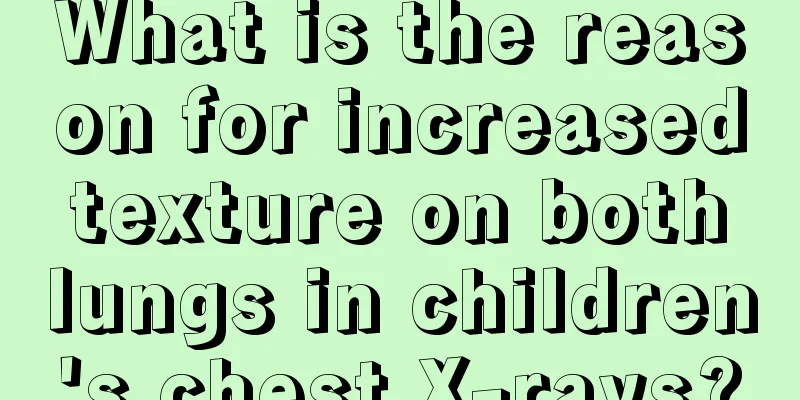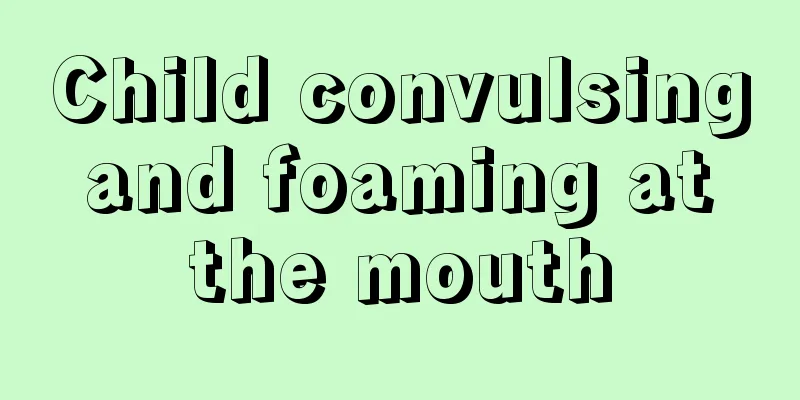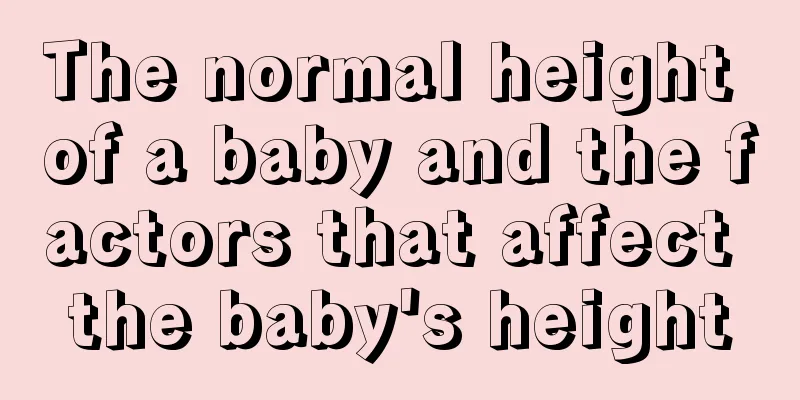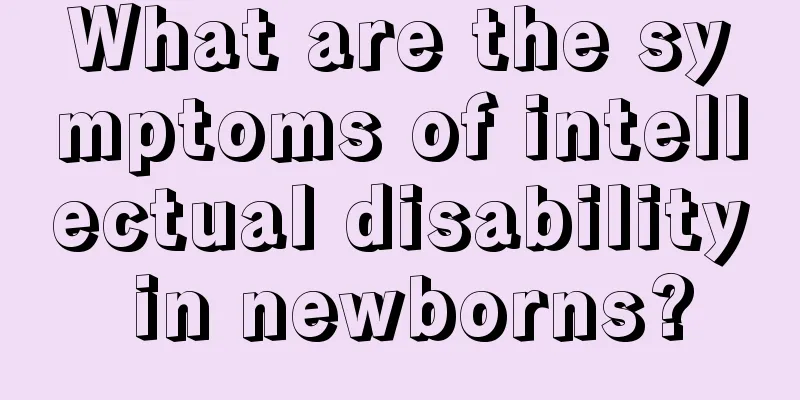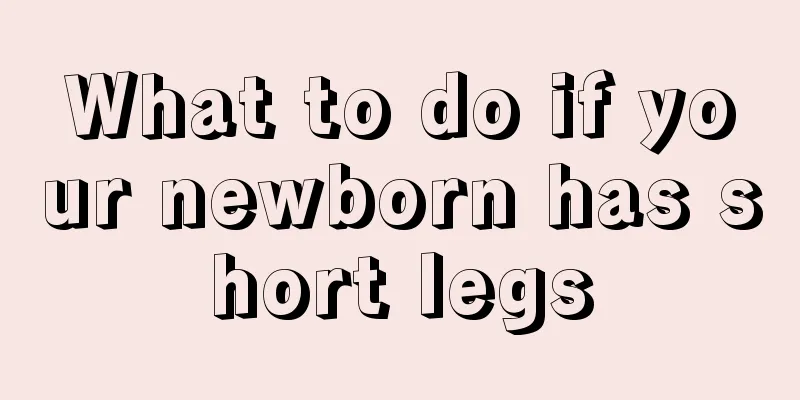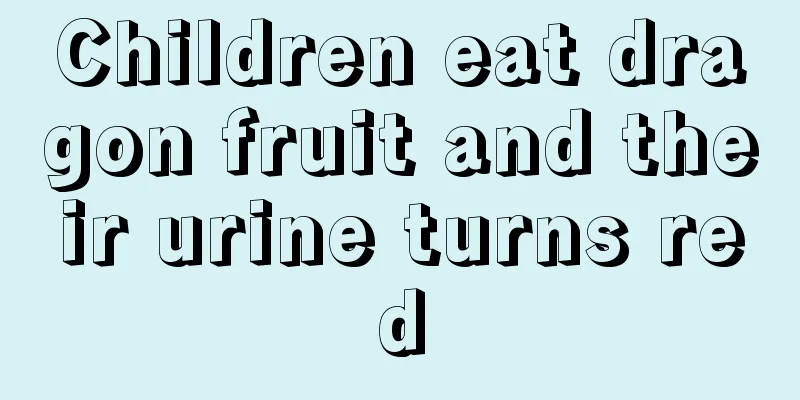How to treat sinusitis in children
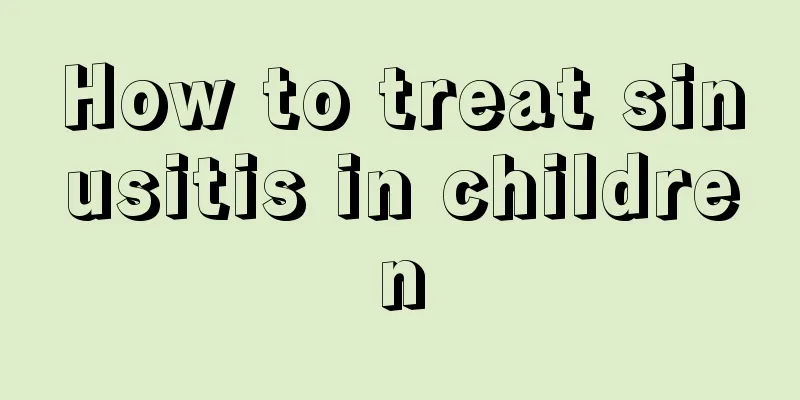
|
When children are sick, parents are particularly worried. Most parents regard their children as their treasures. When they are sick, they wish they could get sick instead of their children. Especially when children have sinusitis, it becomes very difficult for them to breathe. They will exhale in big gulps through their mouths, which gives people a particularly painful feeling. So how should children with sinusitis be treated? How to tell whether your child has a cold or sinusitis? If a child has not recovered from a cold after a week and has symptoms such as runny nose, intermittent or frequent nasal congestion, fever, fatigue, headache, etc., parents should be alert, as the child may have sinusitis. Once a child has sinusitis, in addition to the above symptoms, some may also have fever, refusal to eat, sore throat, cough, shortness of breath, and irritability. Older children may complain of headaches or pain on one side of the cheek. Because children's physical development is not complete and their resistance is weak, sinusitis can cause many complications. For example, mucus can flow back into the trachea and bronchi, causing bronchitis and pneumonia. Sinusitis and the adjacent hypertrophic adenoids and tonsils affect respiratory function and can lead to long-term chronic hypoxia, affecting maxillofacial, thoracic and intellectual development. In addition, it can also lead to otitis media and maxillary osteomyelitis. treat: 1. Children's sinusitis is generally treated conservatively with nasal drops or sprays and oral medications. During the treatment process, parents should never buy nasal drops or give their children anti-inflammatory drugs at the pharmacy. Because pharmacies usually sell adult-strength medicines, which are not suitable for children. Parents can also help their children with local hot compresses and nasal steam inhalation at home. The effect of chronic sinusitis will be better if negative pressure sinus replacement therapy is combined with drug treatment. 2. Patients diagnosed by a doctor as having enlarged adenoids and tonsils should undergo adenoid and tonsillectomy as soon as possible. For children with persistent sinusitis, maxillary sinus puncture can be performed and a catheter can be placed for 5 to 7 days to flush the cystic cavity. Promote its recovery. If there are other nasal diseases, such as deviated nasal septum, nasal polyps, etc., you should follow the doctor's advice and choose the appropriate time to undergo surgery. prevention: 1. Children should exercise to enhance their body resistance, have a balanced diet, and dress appropriately to reduce the occurrence of colds and other acute infectious diseases. 2. Children should be careful not to insert foreign objects into their nasal cavity and correct the bad habit of picking their nose to reduce nasal trauma. 3. Children should avoid swimming and diving in unclean water to prevent bacteria from flowing back into the sinuses with the water. 4. Children with special physical conditions such as asthma, allergic rhinitis, etc. should try to avoid allergens and actively treat the primary disease. |
<<: Symptoms of enuresis in children
>>: Why does the child have yellow urine and less urine?
Recommend
What should I do if I have umbilical hernia in children?
What is an umbilical hernia? An umbilical hernia ...
What is the cause of baby's low-grade fever and vomiting?
The most headache-inducing thing for parents is w...
How to treat bronchial asthma in children?
Children's resistance is weaker than that of ...
Introduction to the book "Secrets of Pediatric Massage"
We have said that children are the treasures of t...
How to remove baby teeth?
When children reach a certain age, their deciduou...
What should I do if my child has rhinitis?
When a child is affected by rhinitis, it is also ...
What should I do if my baby has protruding skulls on both sides of his ears?
We all know that after suffering from a disease, ...
What to apply when a child is bitten by a mosquito
There are a lot of mosquitoes in the summer. Even...
What should I do if my 4-year-old child has sinusitis?
Clinically, rhinitis is a recurring disease. If w...
How many times a day is normal for a one month old baby to poop?
Because mothers nowadays are very young and have ...
What to do if your 7-year-old child stutters
Stuttering is a disease that children are prone t...
What are the consequences of severe baby eczema?
Every child is the center of the family, especial...
What are the hazards of baby walkers?
Walkers have always been loved by many parents, b...
My child's buttocks itch, what should I do?
We all know that children's skin is more sens...
What to do if half of the baby tooth is broken
Broken deciduous teeth are a problem that many ch...
